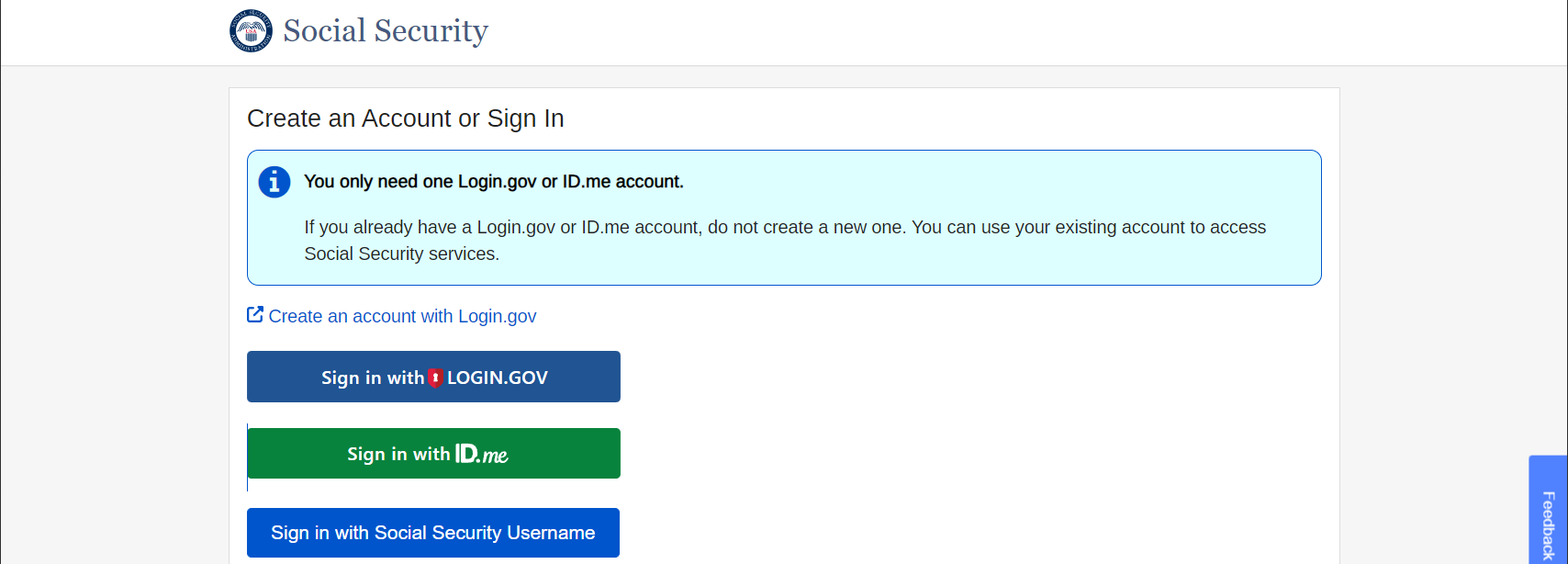IRS Changes RMD Rules: What You Need to Know
This is a subtitle for your new post

The Secure Act 2.0 brought about numerous changes to how we save for retirement, including when investors need to start taking required minimum distributions (RMDs), ROTH 401k provisions, student Loan Matching and much more.
Today we want to put together a condensed summary of the RMD Changes that took place as a quick reference guide to help you better understand your RMD rules.
Yes, the IRS is making RMD changes yet again. If you are nearing retirement, actively planning for retirement, or already in retirement it’s critical you stay up to date on these changes, and how they may affect your retirement portfolio.
Here’s everything you need to know about these critical RMD changes.
What Changed with RMDs?
Age Changes
Before the Secure Act 2.0 was signed into law December 29, 2022, you had to start taking RMDs by April 1 of the year after you turned 72.
The new law extends the start of RMDs beyond age 72 on a gradual basis moving forward.
For those who reach age 72 after Dec. 31, 2022, and age 73 before Jan. 1, 2023, the RMD age would be 73.
Starting in 2033, the RMDs move up to age 75.
The following table illustrates the many ages at which RMDs are or were required to begin under the various legislation:
RMD Beginning Ages
Birth Date or Year Age
6/30/1949 or earlier - 70½
7/1/1949 to 1950 - 72
1951 to 1959 - 73
1960 or later - 75
Penalty Changes
The bill also includes significant penalty changes for not taking required minimum distributions on time.
The hefty 50% penalty for not taking RMDs will drop to 25% in 2023.
The penalty drops to 10% if you take the required amount by the end of the second year that it was due.
The penalty could be waived completely if you didn’t take the RMD due to an unforeseen event, but then withdrew it as soon as you could.
Changes like these are bound to happen to the systems over time. The key is staying up to date and understanding how they affect you. If you need any assistance don’t hesitate to reach out.
Sign Up For Our Blog!
Tru Financial Strategies Blog










